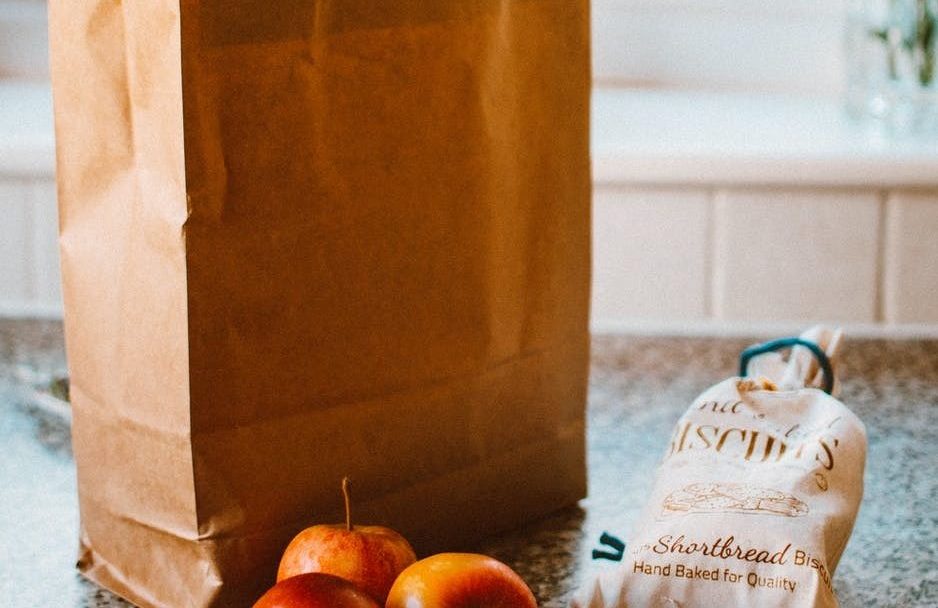
By Dr Anita Soni and Megan Tucker
School of Education, University of Birmingham.
When Covid-19 was declared a global pandemic by the World Health Organization back in March, the focus was on health: how the virus would affect people, how hospitals would cope with an influx of patients needing specialist care, how healthcare workers could protect themselves to ensure they didn’t fall ill… But very quickly, it became clear that the effects of Covid-19 ran much broader and deeper. One of these has been families falling into financial hardship and not being able to afford that most basic of necessities: food.
Even before the word coronavirus assaulted the public consciousness, food insecurity was on the rise. Figures show that in the 2019-20 academic year, over 1.44 million school children in England were eligible for free school meals (FSM) – more than 17% of pupils, though in some areas such as the North East the figure exceeded 23% – and the Food Foundation estimates that a further 900,000 children may have sought FSM since the pandemic struck. School leaders were quick to respond, providing food hampers and vouchers in lieu of FSM when schools closed to the majority of children back in March, and the government – seemingly reluctantly at times – increased funding in order to continue this provision during school holidays.
However, this provision does not catch everyone, including the families of these children, and those who sit above the income threshold for FSM but still struggle to put food on the table. A 2019 government report stated that 2.2 million people in the UK were severely food insecure, the highest level in Europe. This is a figure that has increased at an alarming rate, according to Trussell Trust, which saw an 81% rise in people accessing their 1,200 food banks in the three months after the pandemic was declared, and predicts a further 61% increase between October and December – this will equate to six parcels being given out every minute.
But food banks rely on donations of items or cash which, at a time when many people are experiencing financial difficulties, are in danger of dwindling. That’s why community food stores provide a sustainable and long-term alternative. One such project locally is the FaB Foundry Pantry. People are invited to become members, and each time they visit they pay £4 and in return receive groceries (including fresh produce) worth around £15-£25. Items which otherwise would be discarded are provided by Fare Share, Incredible Surplus and local supermarkets, thus reducing food waste, and are supplemented by donations gathered during street collections. Since the Oasis Community Hub: Foundry and Boulton opened its doors in this way, nearly 350 members have joined, representing over 500 adults and nearly 400 children. The range of backgrounds is diverse, from families and individuals on low incomes or experiencing job losses to those newly arrived in the UK and placed in houses in multiple occupation (HMOs).
Community food stores are not designed to replace regular weekly shops, but instead help members make savings that they can then use to spend on other necessities, thus helping to lift them out of poverty. They also have a different feel, with no referral needed, and the ability to choose items rather than being given an allocation. Members comment on how they feel they maintain their dignity, and are also enabled to give back if they can: members make up the team of volunteers who work in the store, but also deliver to those who are unable to visit, because of frailty, distance or Covid-19 measures such as isolation or shielding. Using time to help others is, after all, a currency just as valuable as cash.
- More about Dr Anita Soni at the University of Birmingham
- Back to Social Sciences Birmingham
- To find out more about the FaB Foundry Pantry, contact Megan Tucker.
